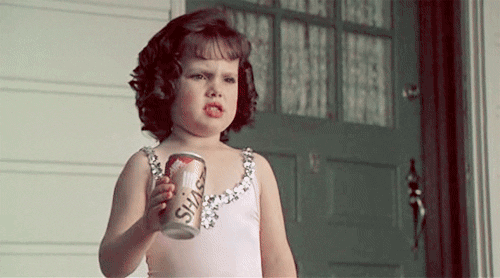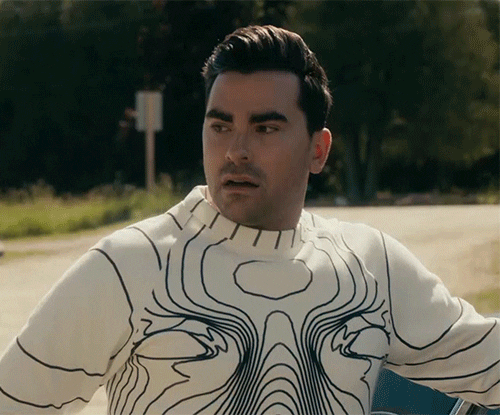
This logo isn't an ad or affiliate link. It's an organization that shares in our mission, and empowered the authors to share their insights in Byte form.
Rumie vets Bytes for compliance with our
Standards.
The organization is responsible for the completeness and reliability of the content.
Learn more
about how Rumie works with partners.

Amber is comfortable depending on her partner and having them depend on her. She doesn't worry about being abandoned or about her partner getting too close to her.

Ben often worries that his partner doesn't really love him or won't want to stay with him. He gets easily frustrated or angered when his needs aren't met.
Did you know?
Understand anxious attachment style
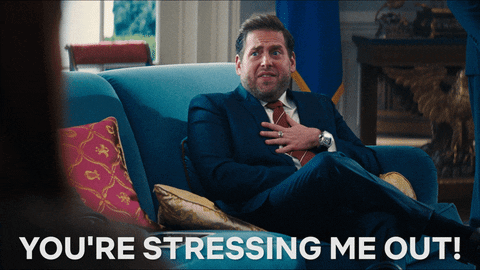
Because Ben's parents were insensitive to his needs in childhood, as an adult, he often:
needs a lot of reassurance from his partner
has catastrophic thinking,assuming conflict means the relationship is over
fears abandonment and rejection
has a hard time being on his own
feels angry when his partner doesn't provide him with attention
👉 If you identify with these feelings, then you might have an anxious attachment style.
Know that you can take steps to reduce your relationship anxiety and feel better.
Did you know?
Tip #1: Take Care Of Your Inner Child By Self-Soothing
The inner child is the "little you" who needs self-soothing. Try some of the coping mechanisms below when your emotions feel big and overwhelming.
💡Try paced breathing.
Watch the video below to learn how you can slow down your heart rate and reduce emotional intensity by practicing specific breathwork exercises.
💡Remind yourself that big emotions are okay and it's safe to feel.
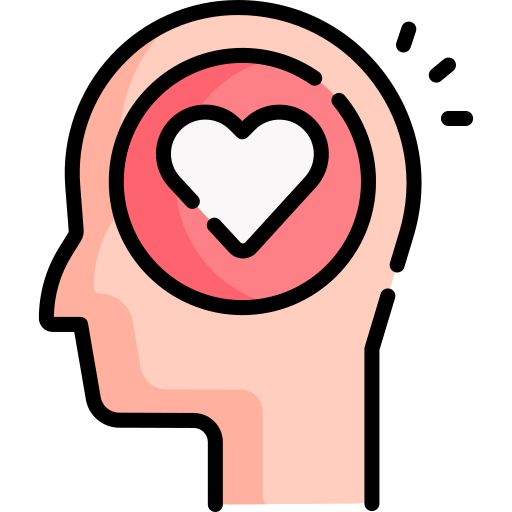
Quiz
Your partner says they need their space, and you start to feel angry. What's the best way to respond in this situation?
It's important to give space for yourself. Try paced or boxed breathing to allow your system to slow down.
Tip #2: Communicate Your Needs
⚡ Knowledge check
Scenario: Ben's partner is always late for their dinner dates and Ben gets really upset. He's considering the best way to communicate his feelings.
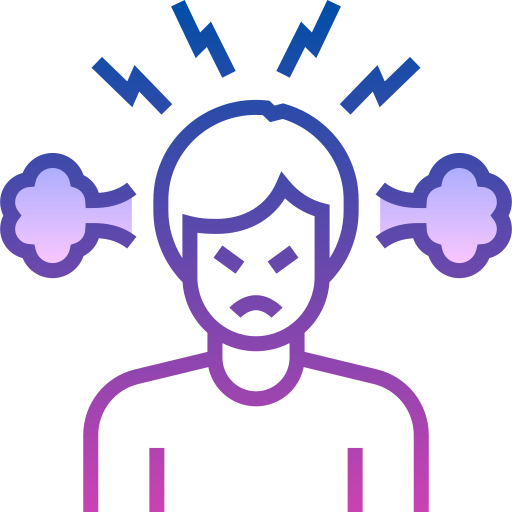
Option 1:
“For some reason, I get upset when you're late. Would you be willing to text me to let me know when you'll be late? This way, I'll have some space to process it. ”
Option 2:
"You're always late and this is unacceptable behavior. If you really love me, you wouldn't be late for our dates.”
Option 3:
“I don't understand what makes you be always late. Am I not important enough for you? Are you with someone else?”
Option 4:
“I'm so annoyed by your behavior and I don't want to have dinners with you. I think we should end our relationship.”
Quiz
How should Ben respond?
While it's important for Ben to take responsibility for regulating his own emotions and actions, it's equally important for him to learn how to communicate his feelings clearly by describing how he feels and how his partner's actions impact him. The key to a healthy, secure relationship is to have open communication without playing the blame game.
Tip #3: Work With A Therapist
You don't have to do this alone! Seeking therapy can be a very important step towards a more secure attachment.
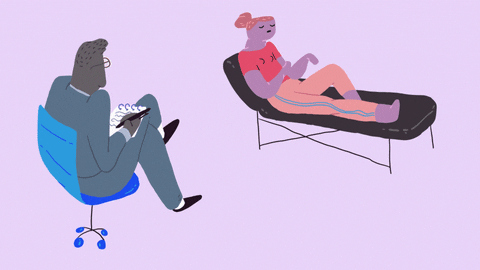
💡Therapy can help you in several ways:
Therapists can help you explore your early life experiences and help you understand how it affects your adult interactions.
 Photo by adrianna geo on Unsplash
Photo by adrianna geo on UnsplashYou can find alternative ways to meet your needs and enhance self-compassion. Meeting psychological needs for connection, competency and autonomy can decrease feelings of shame, depression, and loneliness.
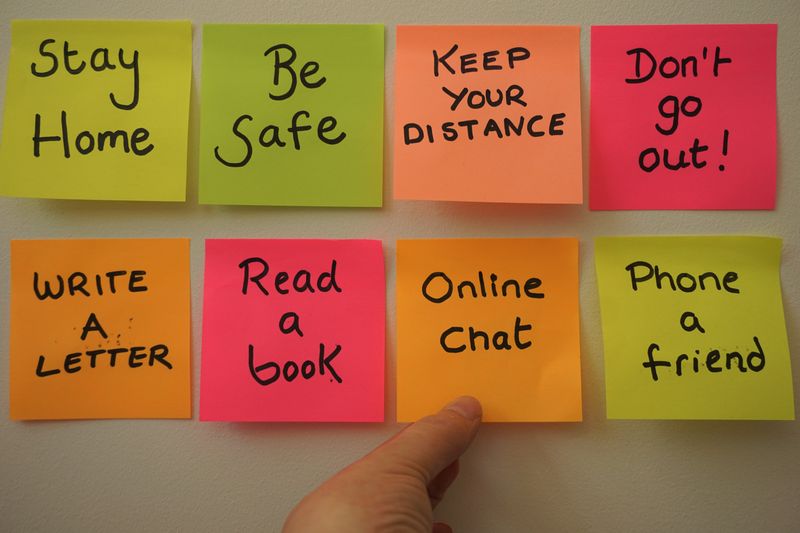 Photo by Sarah Kilian on Unsplash
Photo by Sarah Kilian on UnsplashYou can develop more inner security and improve your relationships as a trusting, consistent relationship develops with your therapist.
Did you know?
Take Action

By being aware of your attachment style, you're taking the first step toward healing and having a secure relationship.
Take care of your "inner child"!
This Byte has been authored by
Adina Kaliyeva
Instructional Designer



